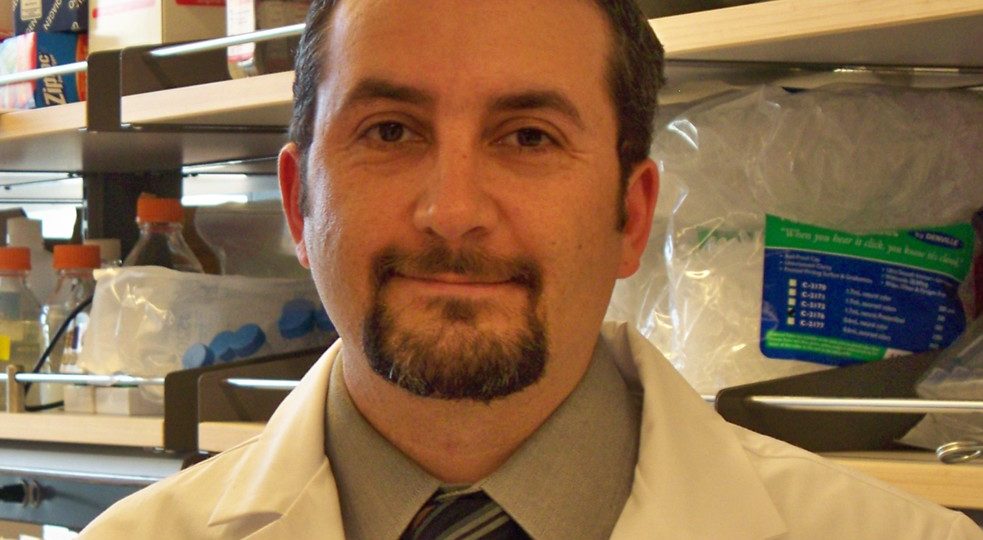Paul J. Galardy, MD
Exploring the role of UCHL1 in leukemia and lymphoma Cellular proteins must occasionally be destroyed in order to maintain the proper functioning of the cell. This is especially true of cancer cells where the destruction of proteins that halt cell division is required for the continued expansion of the cancer. Specific protein removal is the […]
Read more










